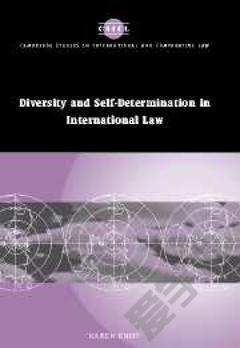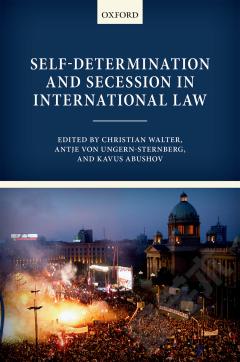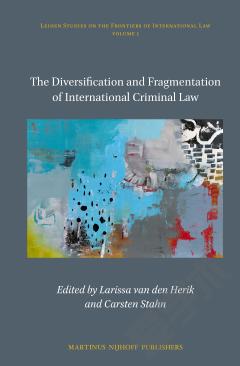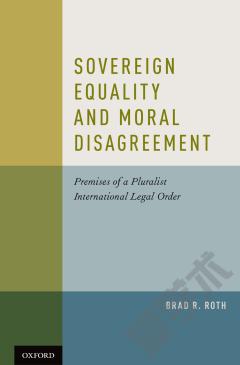Diversity and Self-Determination in International Law
The emergence of new states and independence movements after the Cold War has intensified the long-standing disagreement among international lawyers over the right of self-determination, especially the right of secession. Knop shifts the discussion from the articulation of the right to its interpretation. She argues that the practice of interpretation involves and illuminates a problem of diversity raised by the exclusion of many of the groups that self-determination most affects. Distinguishing different types of exclusion and the relationships between them reveals the deep structures, biases and stakes in the decisions and scholarship on self-determination. Knop's analysis also reveals that the leading cases have grappled with these embedded inequalities. Challenges by colonies, ethnic nations, indigenous peoples, women and others to the gender and cultural biases of international law emerge as integral to the interpretation of self-determination historically, as do attempts by judges and other institutional interpreters to meet these challenges.
{{comment.content}}








 京公网安备 11010802027623号
京公网安备 11010802027623号